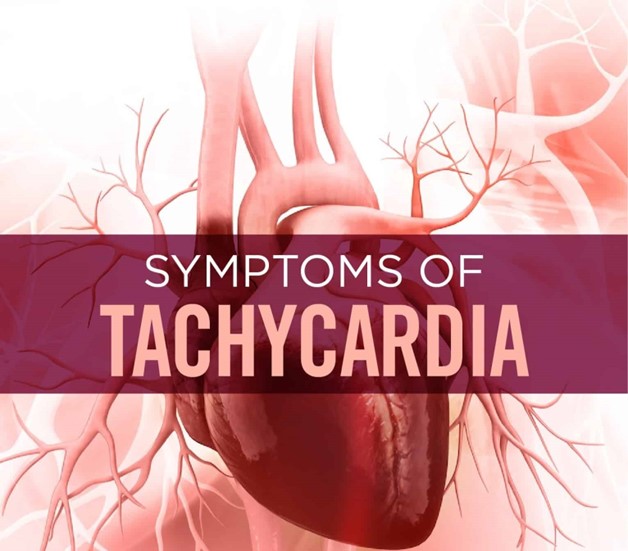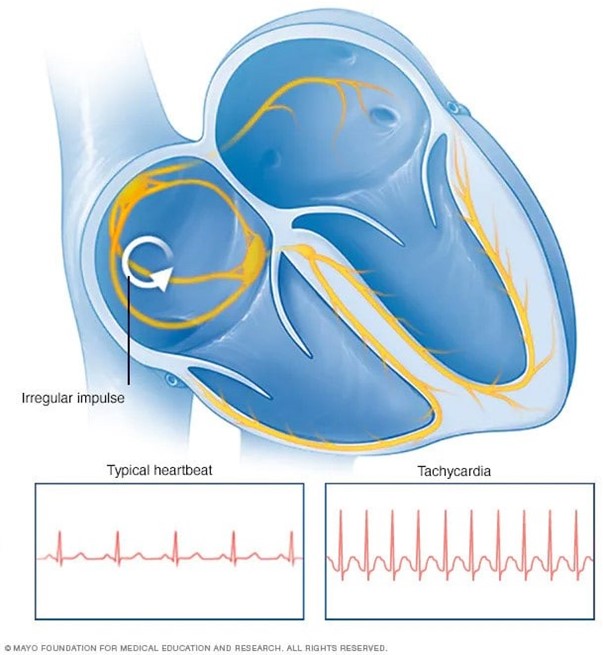A nurse is reinforcing discharge instructions for a client who has asthma and is about to start taking theophylline.
The nurse should instruct the client to monitor which of the following findings is an adverse effect of the medication.
Drowsiness.
Constipation.
Tachycardia.
None of the above.
The Correct Answer is C
“Tachycardia.” Theophylline can cause a number of side effects, including tachycardia (fast heart rate) 1.
The nurse should instruct the client to monitor for this adverse effect and report it to their healthcare provider if it occurs.
Choice A is not correct because drowsiness is not a common side effect of theophylline.
Choice B is not correct because constipation is not a common side effect of theophylline.
Choice D is not correct because tachycardia is a known adverse effect of theophylline.

Nursing Test Bank
Naxlex Comprehensive Predictor Exams
Related Questions
Correct Answer is A
Explanation
Protamine sulfate is a medication that can be used to reverse the anticoagulant effects of heparin1.
It is a polycationic protein drug obtained from the sperm of fish and is used to reverse the anticoagulant effect of unfractionated heparin (UFH)2.

Choice B, Deferoxamine, is not the correct answer because it is a medication used to treat iron overload, not to reverse heparin’s effects.
Choice C, Sodium polystyrene sulfonate, is not the correct answer because it is a medication used to treat high levels of potassium in the blood, not to reverse heparin’s effects.
Choice D, Acetylcysteine, is not the correct answer because it is a medication used to treat acetaminophen overdose and to loosen thick mucus in individuals with cystic fibrosis or chronic obstructive pulmonary disease.
Correct Answer is C
Explanation
Taking too much levothyroxine can cause side effects such as an elevated pulse1.

Choice A is not the answer because a decreased temperature is not a side effect of taking too much levothyroxine.
Choice B is not the answer because hypotension is not a side effect of taking too much levothyroxine.
Choice D is not the answer because constipation is not a side effect of taking too much levothyroxine.
Whether you are a student looking to ace your exams or a practicing nurse seeking to enhance your expertise , our nursing education contents will empower you with the confidence and competence to make a difference in the lives of patients and become a respected leader in the healthcare field.
Visit Naxlex, invest in your future and unlock endless possibilities with our unparalleled nursing education contents today
Report Wrong Answer on the Current Question
Do you disagree with the answer? If yes, what is your expected answer? Explain.
Kindly be descriptive with the issue you are facing.
